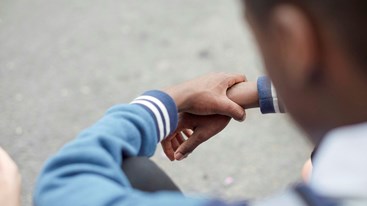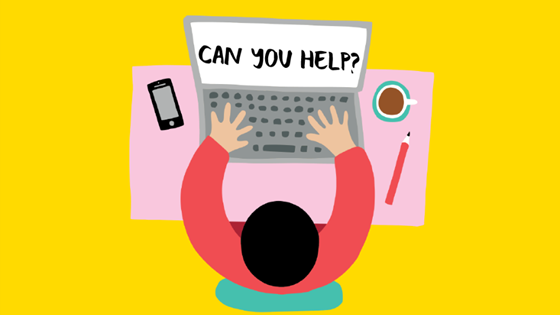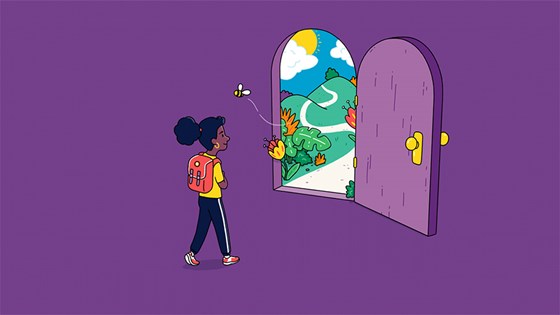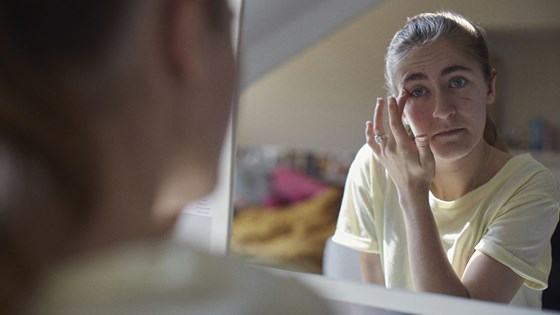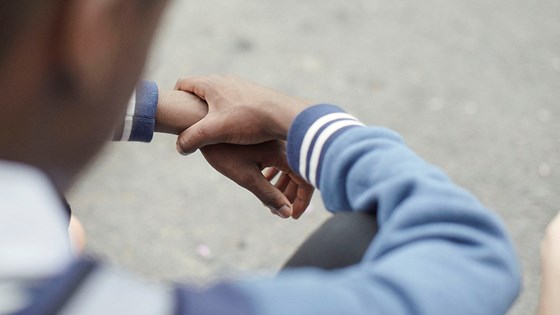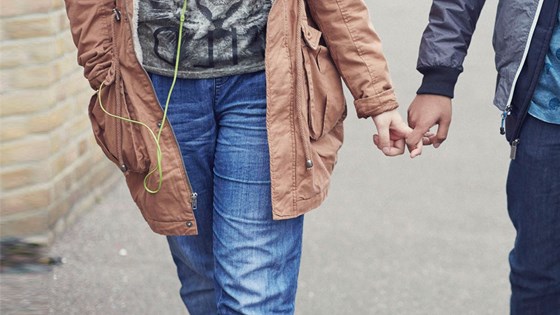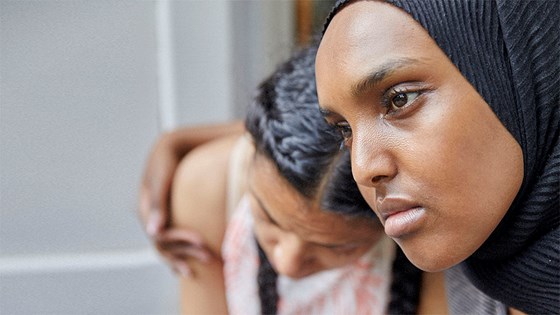Physical abuse is when someone is hurting you. This could be hurting you with their hands, their feet, or an object. Some examples of physical abuse are:
- hitting, smacking and slapping
- punching and kicking
- pinching, scratching and biting
- shaking or suffocating you
- scalding or burning you
- hair pulling
- spitting or throwing things at you
- making you swallow something that hurts or makes you feel ill, including giving you medicine when you're not ill or don't need it.



